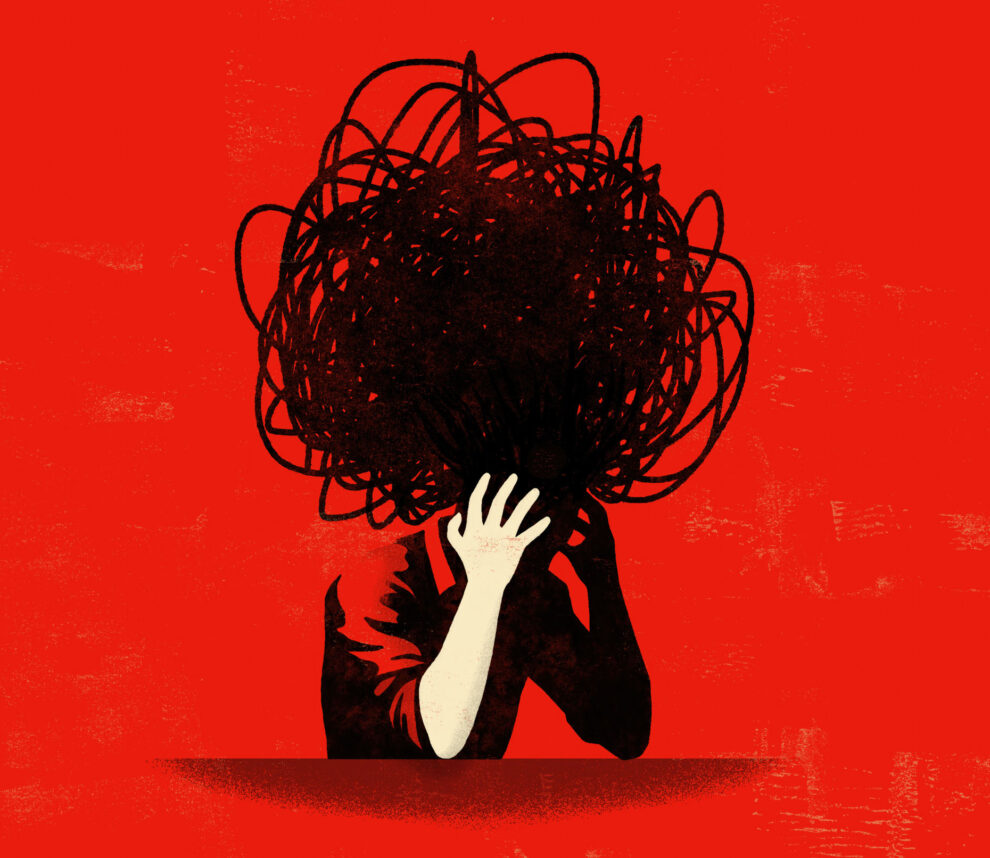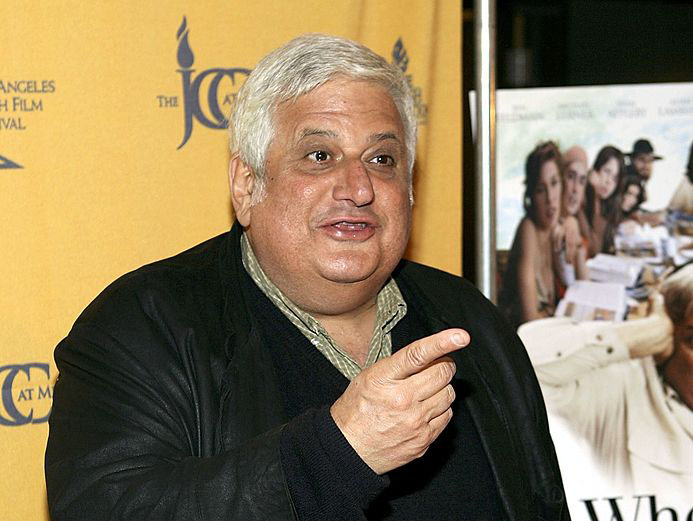The vast majority of Israeli Arabs are reconciled with the existence of Israel as a Jewish and democratic state and even exhibit a degree of patriotism, according to a poll released Thursday.
The survey by Haifa University found that nearly one in seven (68.3%) preferred to live in Israel than anywhere else, even a future Palestinian state. It found that 57.7% are reconciled with Israel as a Jewish democratic state whose day of rest is the Sabbath on Saturday and Hebrew is the main language.
“I wouldn’t say that the Arabs are Israeli patriots. What we found was that they said that Israel was a good place to live in. They have benefits in Israel. They have the rule of law. They have democracy. They have a modern way of life. And all this they appreciate and this is their pragmatism,” Sammy Smooha, the University of Haifa professor who conducted the survey, told The Media Line.”
“When they say they reconcile themselves with the Jewish state this doesn’t mean that they prefer a Jewish state. They prefer to have a bi-national state. This also doesn’t mean they justify a Jewish state,” Smooha added.
The poll of 715 Israeli Arabs released Thursday found that 80% blame the Jews for the Nakba, or “catastrophe,” of the expulsion of most (over 700,000) of the Palestinians from Israel during the 1948 war. It also found that 38% participate in events marking the Nakba.
Smooha, who has been monitoring attitudes among Israeli Arabs for more than 30 years, told The Media line that there has been a steady erosion of faith in Israel’s democracy over the years.
Still, it found that the Israeli Arab public-at-large was less extremist than its leadership, he said.
“Their leaders reject Israel as a Jewish democratic state, whereas our studies over the years have found that the Arab public say that while they prefer a bi-national state, they are reconciled with reality and say they have to deal with it,” Smooha explained.
Extremism was not absent from the survey. Nineteen percent of Israeli Arabs denied Israel’s right to exist, as opposed to 11% who expressed a similar view in 2003. Fifty-seven percent of Israeli Arabs said that they would support a referendum that defined Israel as a “Jewish, democratic state that promised full civil rights to Arabs,” compared to the 70.9% who said they would support such a referendum in 2006.
“This poll confirms the continued trend of the hardening of Arab attitudes and the worsening of Arab Jewish relations, but also shows that there is a lot of pragmatism among the Arabs and the framework for Arab-Jewish relations is still in existence and still solid,” Smooha said.
He defined the framework as the acceptance of the state of Israel and the Palestinian state alongside.
Ali Haider, co-director of Sikkuy, an organization pushing for civic equality in Israel, was more skeptical. He said it was important to have surveys to examine trends, but he disliked terms like “co-existence,” “pragmatism” and “alienation.”
“We talk about equality and shared public space and respect of identities,” Haider told The Media Line. “The Palestinian minority in Israel from 2000 until now feels some kind of frustration from the government and Jewish society, especially after the last election,” which highlighted a right-wing agenda.
“Israeli Arabs feel that the government in Israel is working against them. Current trends reflect to the Arabs that they are not welcomed and their citizenship is threatened,” Haider said.
He was referring to the so-called “Nakba Law” which imposes financial damages on any state-funded institution sponsoring a Nakba-related event; imposed civil service; incitement against Arab leadership; and increasing racism by right-wing Israeli leaders.
“I don’t know to which national group we are patriotic, but we want to be citizens of Israel; but on the other hand, we want to keep our Palestinian identity and feel part of the Palestinian people and also citizens of Israel,” Haider said.
“This combination is very complicated. I think that identity is not something static. This is dynamic and people can have at the same time more than one identity and this is the issue.”





















 More news and opinions than at a Shabbat dinner, right in your inbox.
More news and opinions than at a Shabbat dinner, right in your inbox.